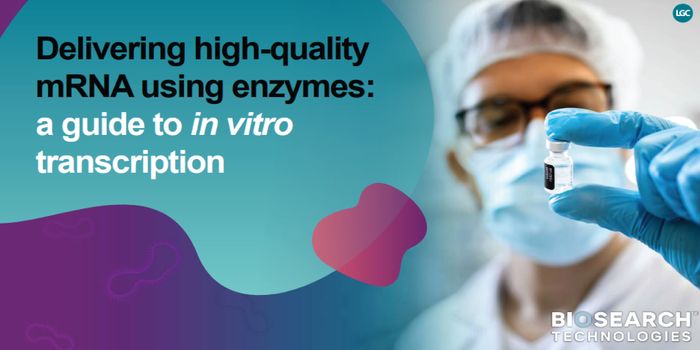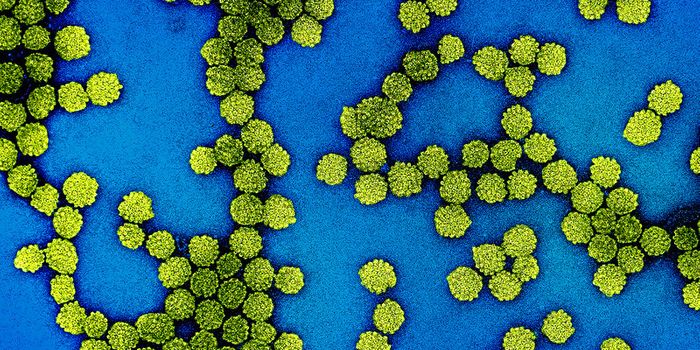Fiber in Green Bananas Protects from Some Cancers
Starch, a natural, sugar-containing component in many green plants, is present in high concentrations in foods such as potatoes, rice, corn, and wheat. Although starches sometimes receive a bad reputation in diet and weight loss, a new study provides some good news for starch lovers. The results of this study, published in Cancer Prevention Research, linked a particular type of starch, known as resistant starch (RS), to cancer incidence.
The study demonstrated that RS, a type of fiber concentrated in unripe (green) bananas, reduced cancer risk among a high-risk cohort of patients. RS, also found in starchy foods like oats, cereal, pasta, rice, and beans, resists degradation in the small intestine during the digestive process. Because RS remains intact despite exposure to enzymes intended to break-down foods, it enters the colon unaltered and subsequently fermented by bacteria. A byproduct of bacterial fermentation in the colon is butyrate, a fatty acid that promotes immunity and reduces inflammation.
The researchers derived the data from the Colorectal Adenoma/Carcinoma Prevention Programme 2 (CAPP2) trial. CAPP2, a multi-center prospective trial involving patients in England, Wales, and Finland, aimed to investigate RS's long-term effects on cancer incidence in high-risk patients.
CAPP2 enrolled patients with Lynch syndrome (LS), formerly known as hereditary nonpolyposis colorectal cancer (HNPCC). LS is an inherited disorder linked to increased susceptibility to many types of cancer, including colorectal, endometrial, ovarian, stomach, pancreatic, gallbladder, brain, and skin cancers.
The study randomized participants to consume RS or placebo daily for four years. The intervention consisted of 30 grams RS, about the equivalent of one unripe banana, in a pill. The trial protocol followed participants for ten years after enrollment, and researchers collected additional outcome data from National Cancer Registries. These sources provided a unique opportunity for researchers to obtain 20 years of follow-up data. The study included 463 patients receiving RS and 455 patients receiving placebo.
After 20 years, the incidence of colorectal cancer, the primary cancer associated with LS, appeared similar between those receiving RS and placebo. However, unexpectedly, patients receiving RS demonstrated protection against other LS-linked cancers, particularly those in the upper gastrointestinal (GI) tract. In fact, the analysis revealed the risk of upper-GI malignancies, including pancreatic, bile duct, stomach, and duodenal (small intestine) cancers, was more than 50% less likely in patients consuming RS than in those receiving placebo.
This study presents valuable information on the prevention of LS-related non-colorectal cancers. While other studies emerging from the CAPP2 trial have identified that daily aspirin intake prevents colorectal cancer incidence in those with LS, the authors note that prophylactic surgery is the only intervention for LS-linked non-colorectal cancer. Unfortunately, even these aggressive preventative surgical interventions are only possible for select cancer sites linked to LS, such as the ovaries and gallbladder. Further, many of these cancers are difficult to diagnose, often remaining undetected until they have advanced, leaving minimal viable treatment options. Therefore, identifying a simple intervention in RS consumption has excellent potential to reduce cancer incidence in this high-risk population.
Sources: Cancer Prev Res, World J Gastroenterol, J Med Genet, Lancet









